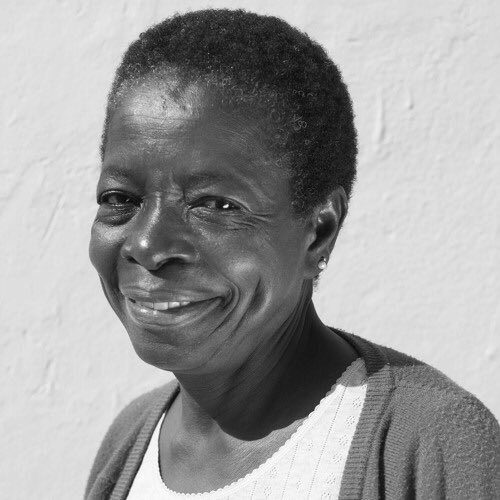Altheia Jones–LeCointe is a Trinidadian physician and research scientist also known for her role as a leader of the British Black Panther Movement of the 1960s and 1970s. Jones-LeCointe traveled to Britain to complete a Ph.D. in biochemistry at University College London in 1965. In London, she became concerned with the mistreatment of black and Asian people by the authorities and worked as a teacher and organizer for the Universal Coloured Peoples Association.
When the organization’s leader, Nigerian poet Obi Egbuna, was sent to prison as part of concerted efforts by the government to squash dissent by civil rights activists, Jones-LeCointe rose to become a leader of – and the brains behind – the British Black Panther movement. She re-energized the group, and her position created much-needed visibility for black women.
In 1970, Jones-LeCointe organized a demonstration to protest police mistreatment of The Mangrove. The demonstration was vastly over-policed, with 200 officers deployed for 150 demonstrators, and violence erupted. Jones-LeCointe was arrested along with eight others, who collectively became known as the Mangrove Nine.
Despite Jones-LeCointe’s revolutionary work, her story was ignored when the time came to tell the story of British people’s contribution to the black liberation movement. Dr Altheia Jones-LeCointe did the work of dismantling the racist patriarchy at a time when doing so jeopardized her freedom. She paved the way for many black women, who look the way they do and have the voices. She showed all, that it was possible to stand up to oppression – and succeed.


